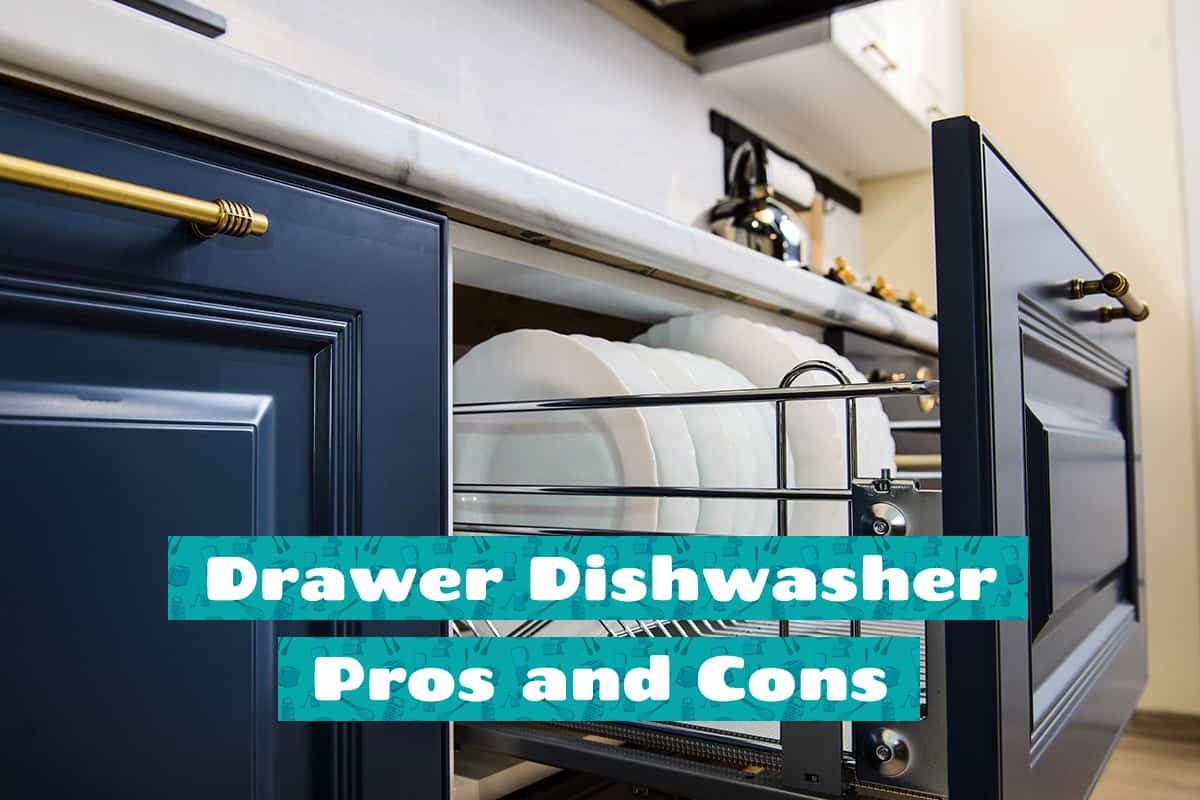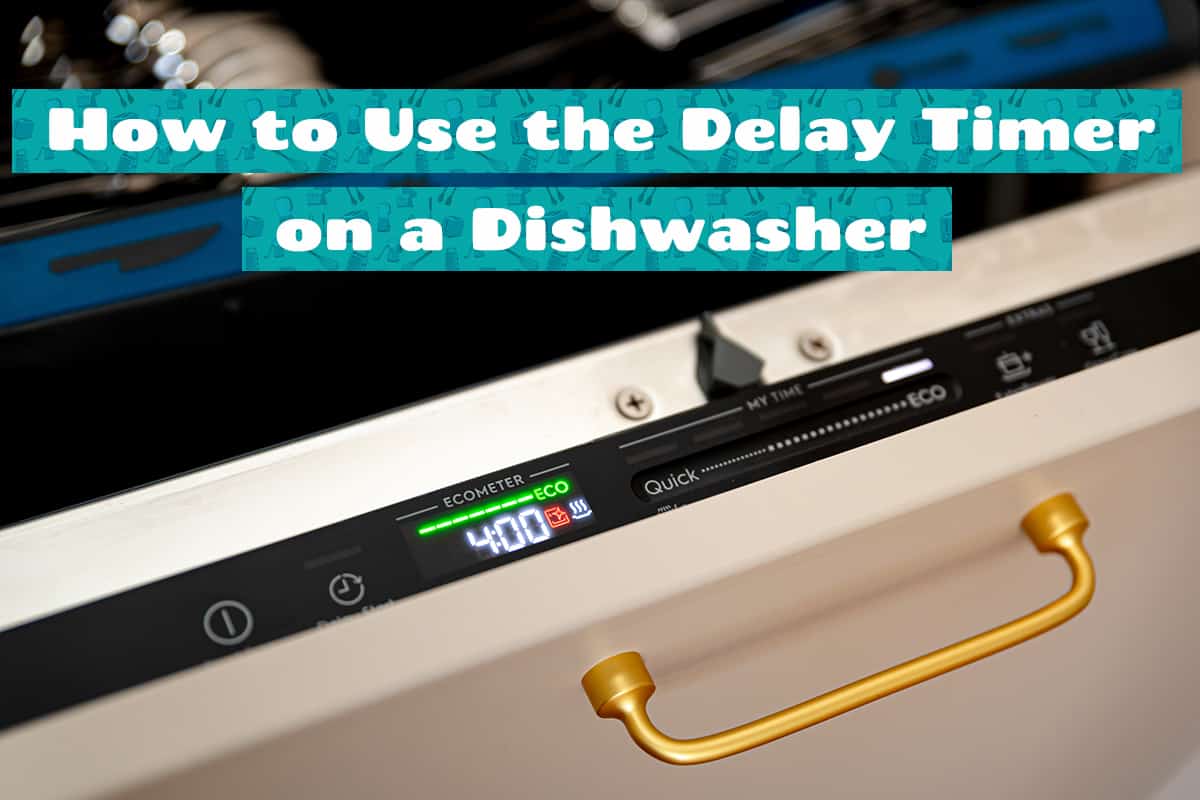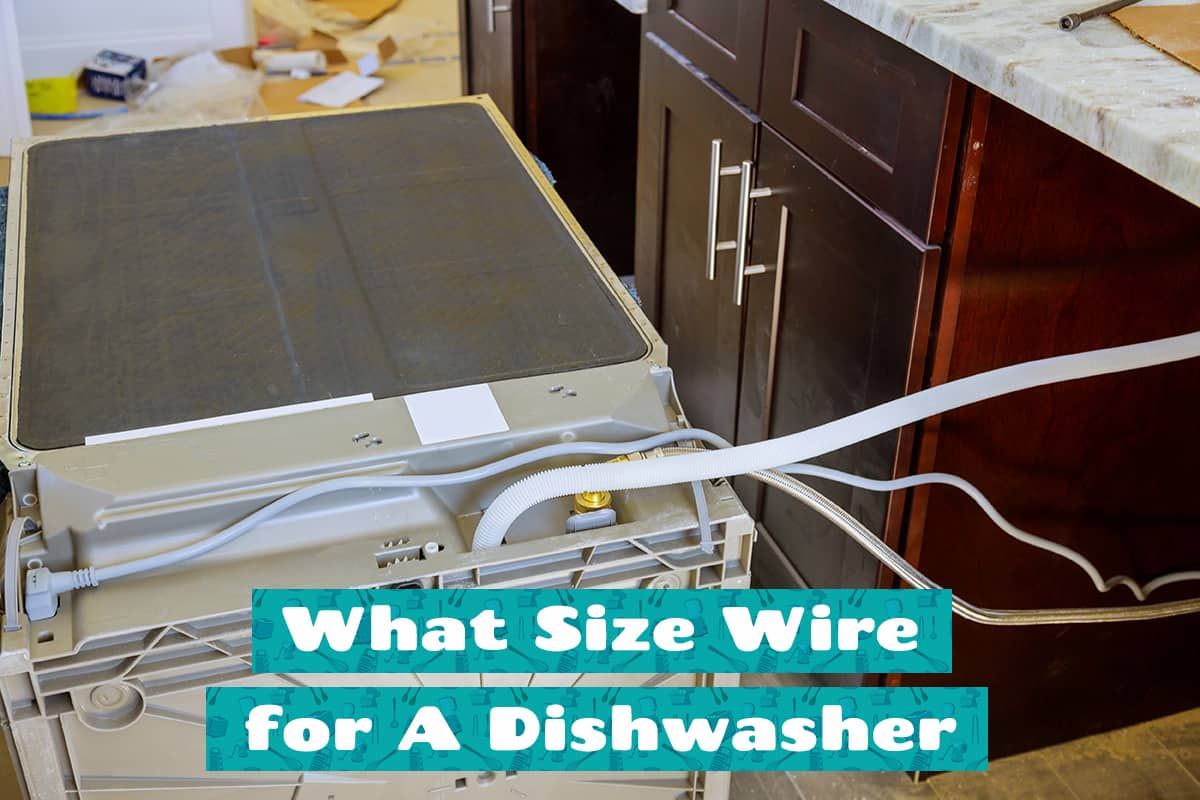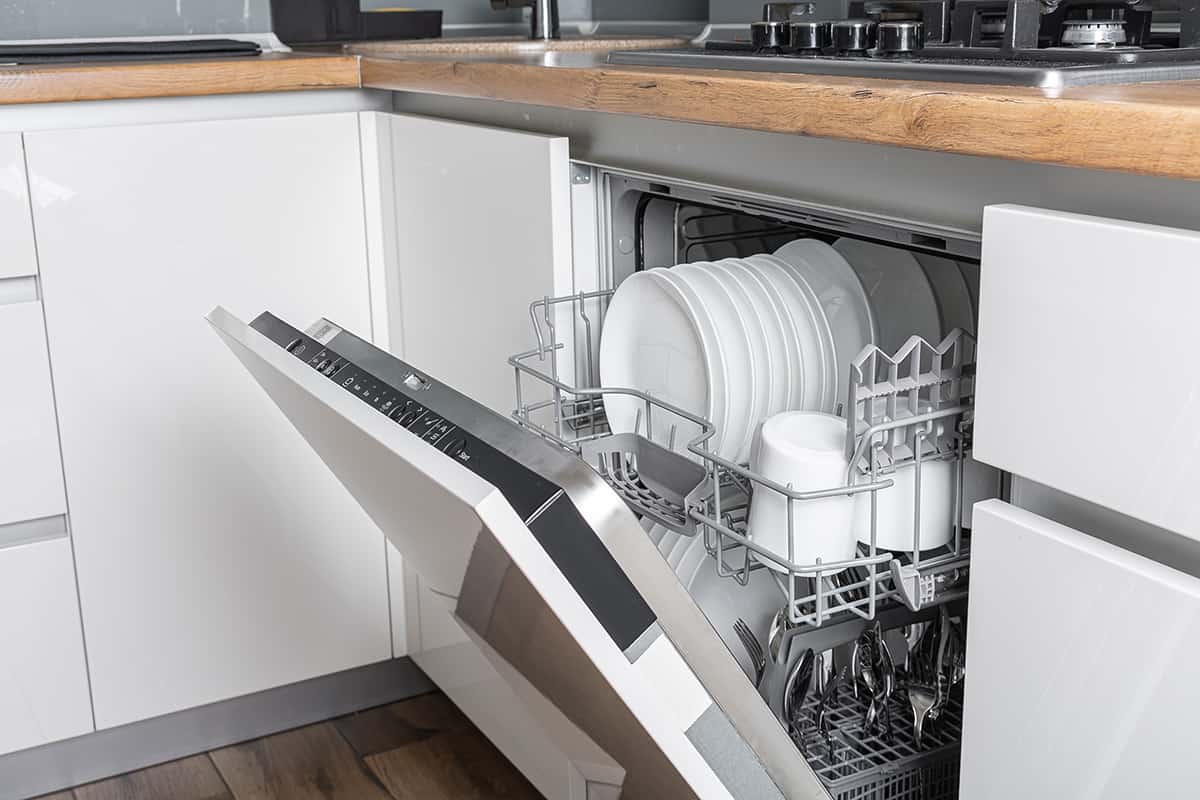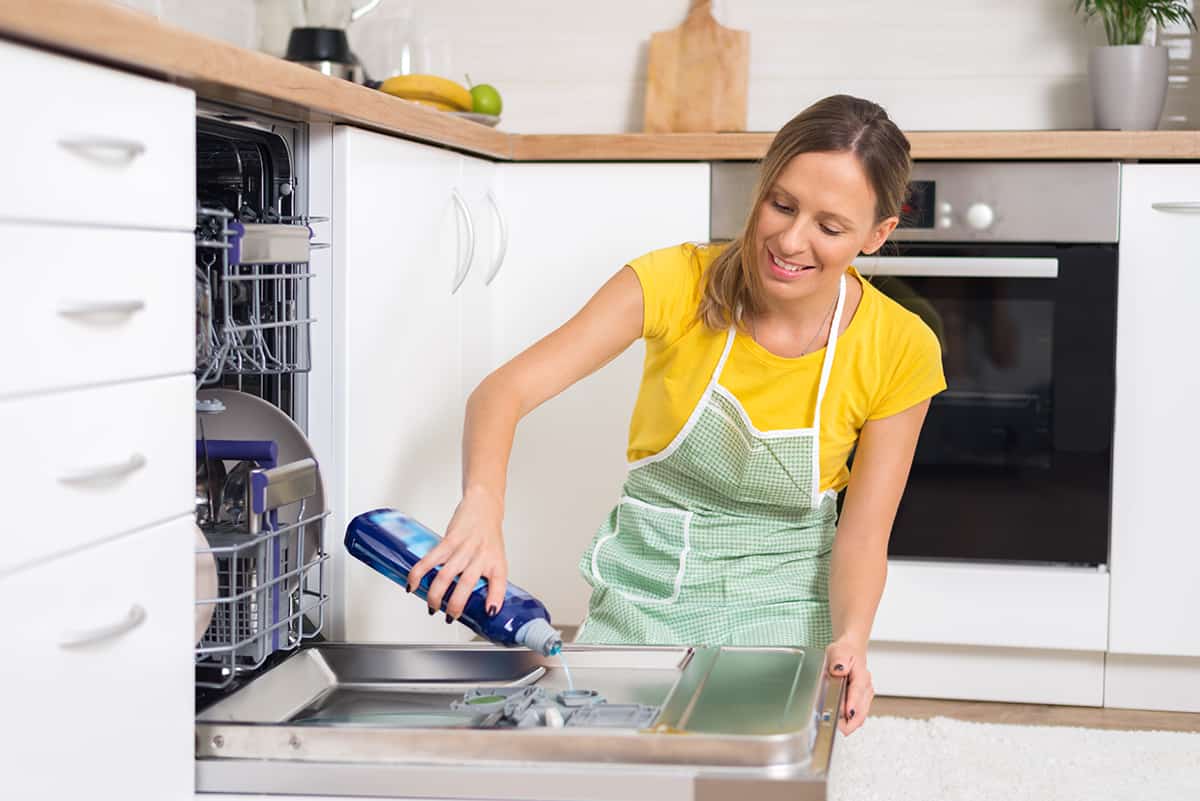Have you ever noticed a foggy or cloudy look on your glasses after running them through the dishwasher? It’s a common problem, and it can be pretty annoying. After all, clean glasses should look sparkling clear, not dull and misty! So, what can you do to stop this from happening in the future?
You can prevent cloudy glasses in the dishwasher by implementing the following:
- Choosing the right dishwasher detergent
- Using rinse aids and water softeners
- Correct loading of glassware in the dishwasher
- Adjusting dishwasher settings for optimal cleaning
In this guide, we’ll dive into the reasons behind the cloudiness in more detail. We’ll also share easy steps you can take to prevent it and tips on how to clean already cloudy glasses.
Understanding the Causes of Cloudy Glasses
Cloudy glasses can be a real bummer. You put your glasses in the dishwasher, expecting them to come out sparkling clean. But instead, they end up looking dull, cloudy, and not clean at all. So, what gives? Let’s dive into the main reasons why glasses can become cloudy in the dishwasher.
1. Hard Water deposits
When we say “hard water,” we’re talking about water that has a lot of minerals in it, like calcium and magnesium.
These minerals can be tough on your glasses. When you wash your glasses in the dishwasher, the hard water can leave tiny mineral deposits on the surface of your glasses. Over time, these deposits build up and make your glasses look cloudy.
2. Etching from detergents
Some dishwasher detergents can cause tiny scratches on the surface of your glasses. This is called “etching.” Over time, these small scratches can make your glasses look cloudy. It’s like how a window can look foggy when it’s scratched.
3. Impact of temperature variations
When your glasses heat up and cool down quickly, it can stress the glass. This stress can lead to tiny cracks or “micro-cracks” on the surface of the glasses. These micro-cracks can scatter light, which makes the glass look cloudy.
4. Role of food residues and grease
Food particles and grease can stick to the surface of your glasses. If these aren’t fully washed off, they can dry and create a cloudy film on your glasses. And because they’re stuck on pretty well, they can be tough to wash off even in the next dishwasher cycle.
Common Mistakes Leading to Cloudy Glasses
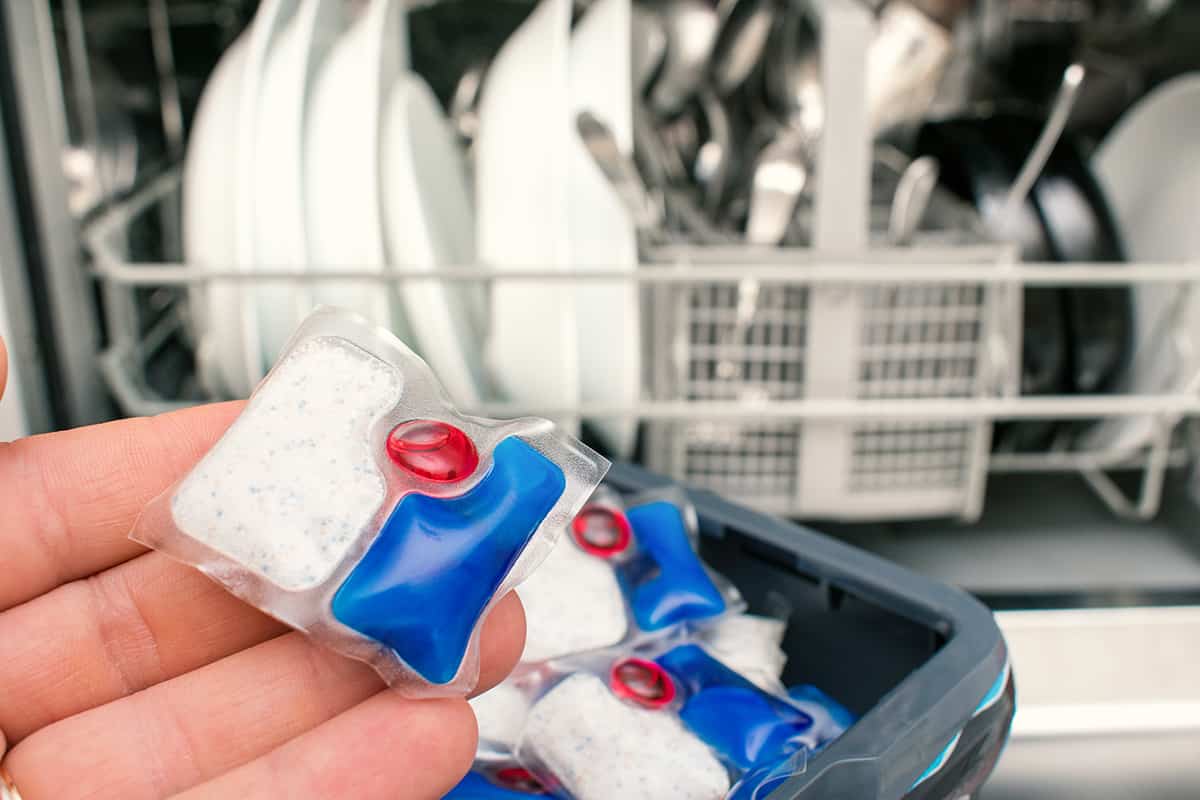
Everyone makes mistakes. But when it comes to washing glasses in the dishwasher, some common mistakes can lead to cloudy glasses. Don’t worry, though. Once you know what these mistakes are, they’re pretty easy to avoid. Let’s take a look at some of the most common ones.
1. Overloading the dishwasher
When the dishwasher is too full, the water and detergent can’t reach all the surfaces of your dishes. This means that food particles and grease might not get fully washed off. Also, when glasses are squeezed in too tight, they can knock against each other during the wash cycle. This can cause scratches, which can make your glasses look cloudy.
2. Incorrect use of detergent and rinse aids
Detergent and rinse aids are like the magic ingredients that get your dishes clean in the dishwasher. But if you’re not using them correctly, they might not work their magic very well. If you use too much detergent, it can leave a filmy residue on your glasses. If you use too little, it might not get your dishes clean.
3. Neglecting regular dishwasher cleaning
Over time, food particles, grease, and mineral deposits can build up in your dishwasher. This can cause your dishwasher to not clean as well as it should. It can also cause these unwanted residues to get redeposited onto your glasses, making them look cloudy.
Proactive Steps to Prevent Cloudy Glasses
Alright, now you know what causes cloudy glasses and the mistakes to avoid. So, what can you do to keep your glasses from getting cloudy in the first place? Here are some proactive steps you can take.
1. Choosing the right dishwasher detergent
Just like how not all glasses are the same, not all dishwasher detergents are the same. Some are better for glassware than others.
When choosing a detergent, look for one that’s made for dishwashers and is gentle on glass. It’s also a good idea to choose a detergent that’s made for hard water if you live in a hard water area.
2. Using rinse aids and water softeners
Rinse aids and water softeners can be your best friends when it comes to preventing cloudy glasses.
Rinse aids work by helping water roll off your glasses more easily. This means fewer water spots and less chance for mineral deposits to form.
Water softeners help by removing the minerals from hard water before it gets to your dishwasher. This can help prevent those pesky mineral deposits that can cause cloudiness.
If you’re not already using rinse aids or a water softener, it might be a good idea to start.
3. Correct loading of glassware in the dishwasher
How you load your glasses in the dishwasher can make a big difference.
Glasses should be loaded on the top rack of the dishwasher. This is because the top rack is further from the heating element, which can help prevent temperature-related cloudiness.
Also, make sure your glasses aren’t touching each other. This can help prevent scratches and chips.
4. Adjusting dishwasher settings for optimal cleaning
Did you know that you can adjust the settings on your dishwasher for better cleaning?
Many dishwashers have a “glass” or “delicate” setting. This setting uses lower heat and less vigorous water jets, which can be gentler on your glasses.
Also, some dishwashers have a “hard water” setting or a “rinse aid” setting. These can also help prevent cloudy glasses.
Vinegar and Baking Soda: Remedies for Existing Cloudy Glasses
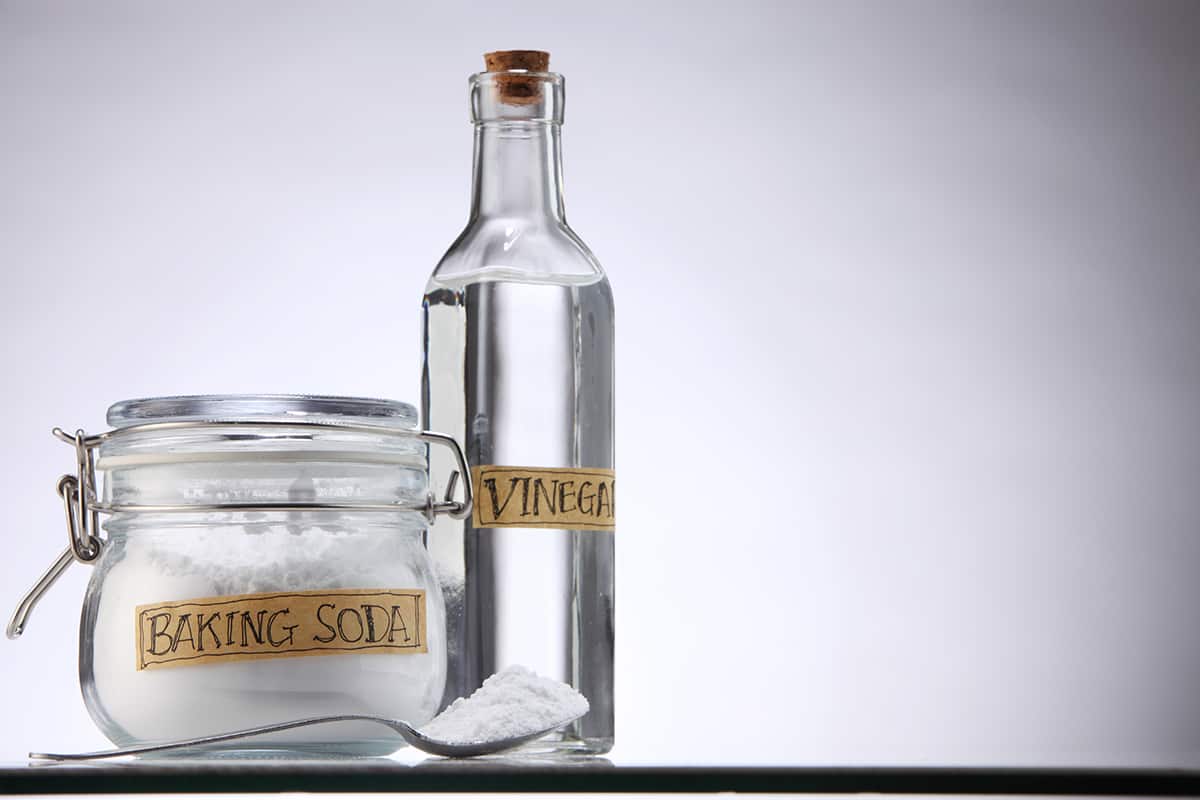
Okay, so you’ve got some glasses that are already cloudy. What now? Don’t worry; all is not lost.
White vinegar is great at cutting through mineral deposits. Simply fill a bowl with white vinegar, and let your glasses soak in it for about an hour. Then, rinse them off and dry them by hand. You should see a big difference!
Baking soda is an effective scrub, but it’s too abrasive straight up. Make a paste with baking soda and a little water. Then, use a soft cloth or sponge to scrub your glasses with the paste. Rinse off the baking soda, and your glasses should look much clearer.


